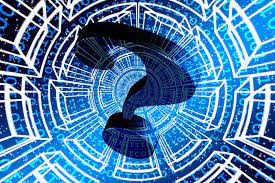
Principal speaker
Dr Heather Shearer
In the "recent' past, it was relatively simple for an academic or student to identify what information sources and data were accurate, reliable, authoritative and so on. Identifying dodgy journals or websites was a bit time-consuming, but achievable with some critical thinking skills. But what about in 2022, with the proliferation of misinformation, disinformation, fake news, deep fakes, AI generated images and videos, particularly since 2020? This first part of this talk starts with an introduction to why it is so important to identify what data and information is "real', wider societal, ethical and security implications of fake information and data, some contemporary information and data types, and how they are produced and disseminated (no tech talk or equations, I promise) and the second part gives an introduction to some useful critical thinking skills (still relevant), some techniques and tips to identify and assess fake data and information and where to in the future.
Event categories
RSVP
RSVP on or before Wednesday 19 October 2022 16.24 pm, by email red@griffith.edu.au , or via https://events.griffith.edu.au/d/v9q2yx/